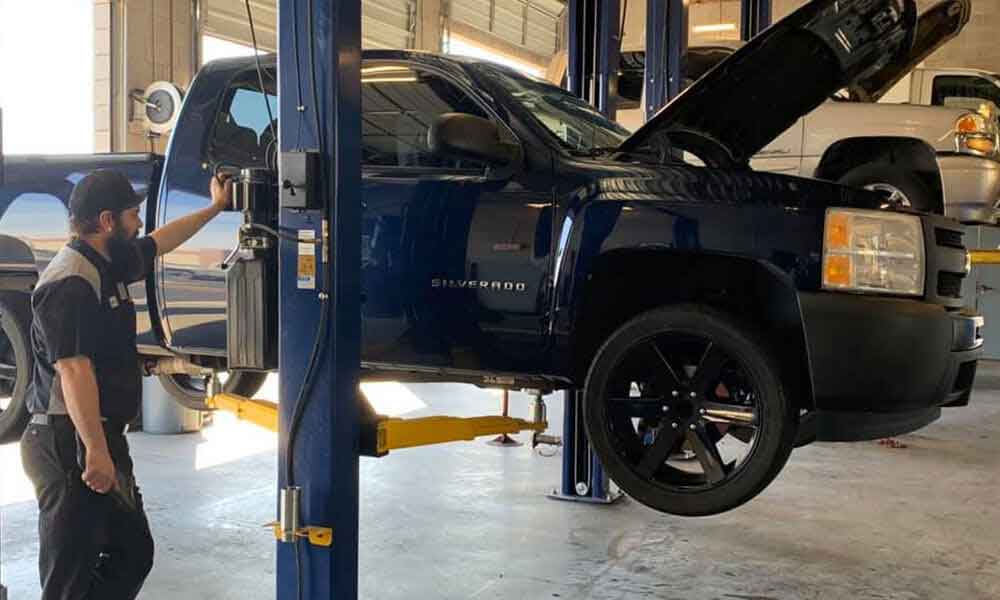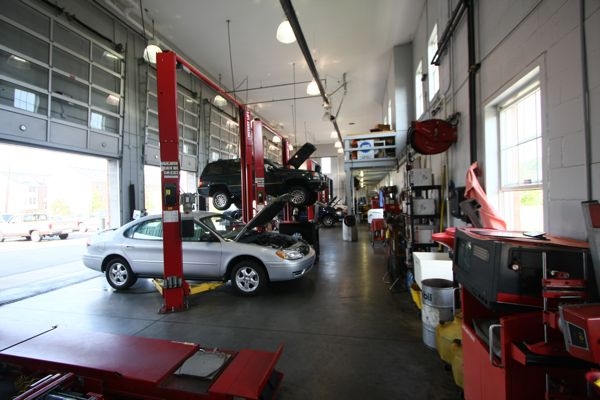Every detail matters in the world of corporate logistics and transportation, particularly in the context of fleet management. The steering mechanism is a crucial component that is frequently overlooked. The performance of a vehicle is significantly influenced by a properly maintained steering system, which plays a crucial role in ensuring driver comfort and safety, as well as optimizing fuel economy. Over time, cars with well-functioning steering systems may use much less gasoline because they can retain greater control and stability.
The Correlation Between Fuel Consumption and Steering Dynamics
The factors influencing fuel economy include tire pressure, engine performance, and vehicle aerodynamics, among others; additionally, the steering system plays a significant role. Inadequate handling may result from worn or misaligned steering components, compelling the driver to execute unnecessary steering corrections. The excessive exertion results in inefficient energy use, consequently increasing fuel consumption and adversely affecting vehicle stability. Conversely, an accurate steering system enhances driving efficiency by necessitating reduced power for vehicle navigation, ultimately leading to savings in fuel consumption. The European Auto Repair in Nova Scotia, Canada based service is the best option to make it work.
The Impact of Compromised Steering Components
Organizations frequently overlook the indicators of steering system failures until the situation escalates. Misalignment can result from worn tie rods, ball joints, or a malfunctioning steering rack. The steering wheel may exhibit a degree of looseness, or the vehicle may exhibit a tendency to veer to one side, as observed by the operator. The aforementioned issues may result in the vehicle experiencing drag, necessitating the engine to operate at an elevated pressure, thereby consuming a greater amount of gasoline. To mitigate these concerns and ensure optimal fuel efficiency in vehicles, it is advisable that steering component repairs and regular inspections be conducted by the professional services.
Aligning Expenditures and Advantages
Investing in steering system repairs should be viewed not merely as an expense, but as a strategic financial decision that will yield savings over time. Organizations managing extensive fleets must consider the total expenses associated with fuel consumption. Research indicates that even a modest enhancement in fuel economy over time can lead to substantial cost savings. For example, based on the towing capacity and distance covered, a commercial vehicle could potentially save hundreds of dollars annually if proper steering maintenance enhances fuel efficiency by just 1 mile per gallon.
Strategies for Preventive Maintenance
It is essential for businesses to adopt proactive maintenance procedures in order to fully realize the benefits of enhanced fuel economy. The maintenance plan ought to encompass regular assessments for wear and tear, alignment modifications, and fluid replacements for the steering system. Businesses may prevent more serious difficulties later on that might result in unforeseen expenditures and greater fuel consumption by keeping an eye on the condition of the steering system and correcting any problems as soon as they arise.





